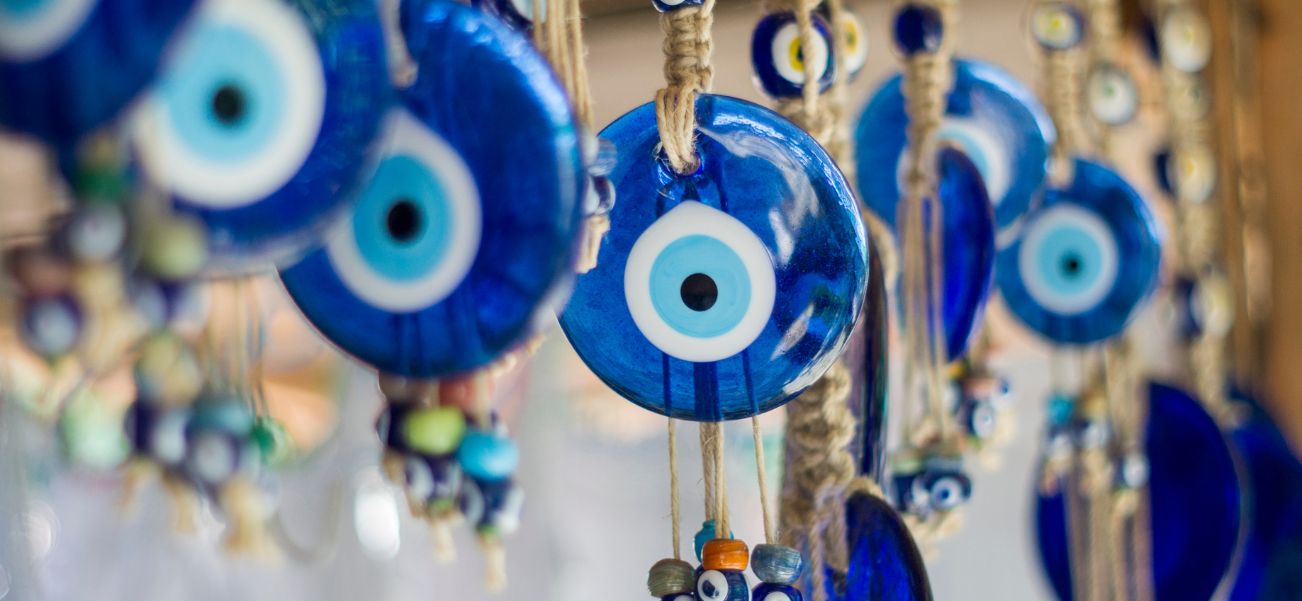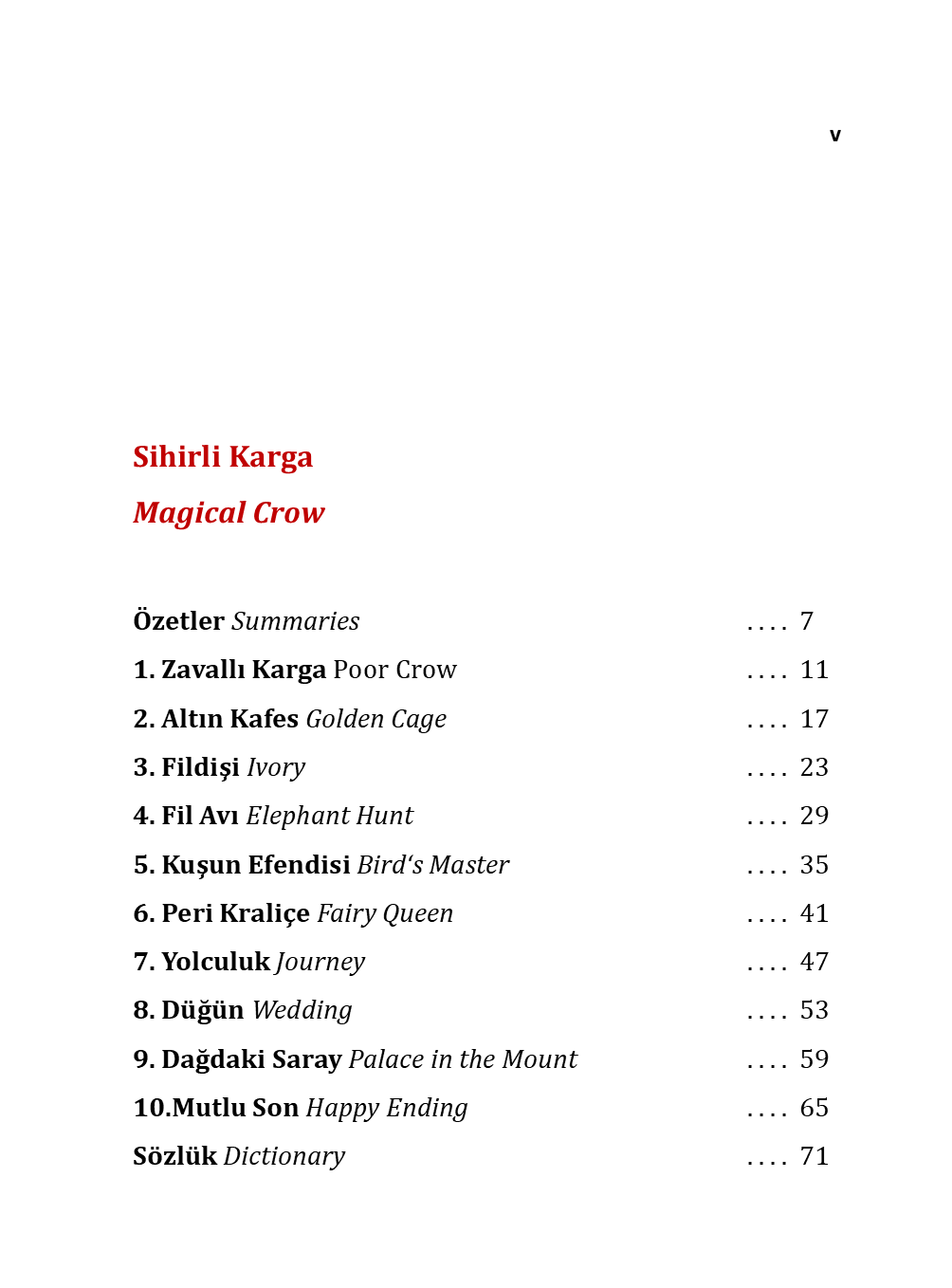
30 Must-Know Turkish Traditions To Fit In With The Turkish People
Fitting in with Turkish people requires an understanding of their rich cultural traditions and social etiquette.
Learning Turkish? Become a DTC member and get the full access to the bookstore!
30 Turkish Traditions To Fit in With The Turkish People
Here are 30 must-know Turkish traditions, explained in detail, to help you integrate and build connections:
1. Greeting with Warmth
Shake hands or kiss on both cheeks for close acquaintances.
For elders, kiss their hand and place it on your forehead as a sign of respect.
2. Hospitality Rules (Misafirperverlik)
Always accept tea or coffee when offered; declining may be seen as rude.
Bring a small gift (like sweets or flowers) when visiting someone's home.
3. Removing Shoes Indoors
It’s customary to take off your shoes when entering a home. Slippers are often provided.
4. Eating Etiquette
Don’t start eating until the host invites you.
Compliment the food generously, as cooking is a source of pride.
5. Offering Tea (Çay İkramı)
Offering tea is an essential part of Turkish hospitality. Refusing tea repeatedly can be seen as unfriendly.
6. Turkish Coffee Ritual (Türk Kahvesi)
Enjoy Turkish coffee slowly, and if invited for fortune-telling, participate—it’s a fun social custom.
7. Respect for Elders
Always greet elders first and show deference in conversation.
8. Bayram Visits
During Eid celebrations (Ramazan Bayramı or Kurban Bayramı), visit family and friends, and bring sweets or gifts.
9. Sharing Food
Sharing food with neighbors or colleagues is common. If offered, accept graciously.
10. Dressing Modestly
While urban areas are modern, modest attire is appreciated, especially in rural or religious areas and mosques.
11. Socializing at Tea Gardens (Çay Bahçesi)
Joining friends or family for tea in a tea garden is a common social activity.
12. Participating in Celebrations
Attend weddings, circumcision ceremonies, or religious events if invited. It’s a great way to connect with the community.
13. Bargaining in Markets
In bazaars, haggling is expected and even welcomed. Be polite but firm during negotiations.
14. Respect During the Call to Prayer (Ezan)
During the call to prayer, avoid loud activities and show respect for the religious practice.
15. Giving and Receiving Gifts
Gifts are opened later, not in front of the giver.
16. Avoiding Public Displays of Affection
In public, keep displays of affection modest, as they might be frowned upon in conservative areas.
17. Henna Night Participation (Kına Gecesi)
If invited to a pre-wedding henna night, participate in singing, dancing, and applying henna—it’s a joyous occasion.
18. Ramadan Etiquette
During Ramadan, avoid eating, drinking, or smoking in public during daylight hours out of respect for those fasting.
19. Respecting Traditions of the Evil Eye (Nazar Boncuğu)
If gifted an evil eye amulet, keep it as a token of good luck and protection.
20. Handcrafts Appreciation
Complimenting Turkish carpets, kilims, or handmade items is appreciated, as they are cultural treasures.
21. Avoiding Sensitive Topics
Topics like politics, religion, and certain aspects of Turkish history can be sensitive. Approach such discussions with caution.
22. Joining in Folk Dances
If invited to participate in dances like Halay or Zeybek, join in! It’s a sign of friendliness.
23. Punctuality for Social Events
For informal gatherings, arriving slightly late is acceptable, but be punctual for formal events.
24. Celebrating Special Days
Celebrate Turkish National Holidays like Republic Day (29 October) with enthusiasm to show solidarity.
25. Dining Together (Masa Adabı)
Sharing a communal meal is central to Turkish culture. Engage in lively conversations during meals.
26. Listening to Traditional Music
Showing interest in Turkish folk or classical music demonstrates cultural appreciation.
27. Showing Gratitude
Say "Teşekkür ederim" (Thank you) frequently. Expressing gratitude is important in Turkish culture.
28. Respect for Nature and Animals
Turks have a deep respect for street animals. Feeding stray cats or dogs is common and admired.
29. Joining Festivals and Local Events
Participate in festivals like the Tulip Festival or Camel Wrestling to immerse yourself in Turkish traditions.
30. Building Relationships Over Time
Trust and relationships take time to build. Be patient, warm, and genuine in your interactions.
Understanding and respecting these traditions will help you integrate into Turkish society and make meaningful connections.














